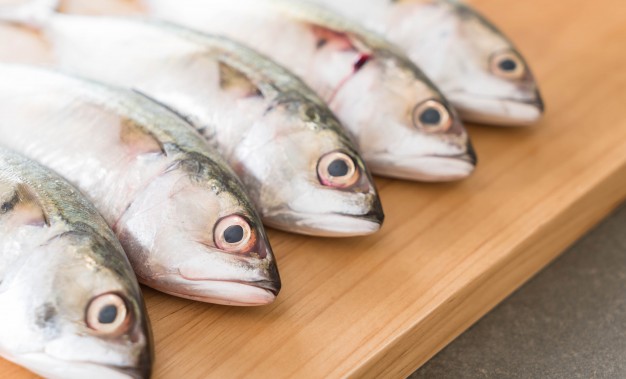And as fisheries decline, millions of people face more than economic hardship; they risk an imminent threat of food insecurity. Increasingly, the artisanal crews are not only failing to catch enough fish to turn a profit, they’re also not even catching enough to feed themselves and their families. In many coastal communities, fish are the primary source of protein, and scientists tell us that more than 10 percent of the world’s population, particularly those in developing countries, could face deficiencies in micronutrients such as iron, zinc, omega-3 fatty acids, and vitamins driven by fish declines over the coming decades. This could lead to increases in serious issues ranging from child mortality to cognitive impairment.
Governments spend $35 billion annually to support their fishing fleets, $20 billion of which goes to expand or prop up their operations in defiance of basic economics. One landmark study found that without subsidies 54 percent of fishing on the high seas would be unprofitable, which would force these companies – based strictly on the value of their catch – to cut the size of their fleets and fishless to stay profitable. That reduction, coupled with a concerted push for widespread, effective fisheries management, would, in turn, help overfished stocks recover and keep fisheries sustainable for all fishers – artisanal, subsistence, and industrial – far into the future.
The gap between industrial fishers and subsistence or artisanal is mirrored in the gap between poor and wealthy countries. Fishers in developing countries get $1 in subsidies for every $7 that goes to those in developed countries. This represents a barrier to development in precisely the regions where it is most needed. Fortunately, a solution is within reach: In 2017, members of the World Trade Organization (WTO) committed to negotiate and adopt an agreement on fisheries subsidies by the end of 2019.
Both the WTO commitment and a U.N. Sustainable Development Goal – SDG 14.6 – call for reducing subsidies that contribute to overcapacity and overfishing, while eliminating those that contribute to illegal, unreported, and unregulated fishing.
Of course, these goals – which constitute one response to the widespread reports of the perils facing our ocean – are no guarantee of action. Reducing the harmful effects of subsidized fishing has been on the WTO agenda for almost two decades, during which the problem has only grown.
But with time running short to restore our ocean’s vitality, these negotiators could take a huge step toward ensuring sustainable fishing, a vibrant marine ecosystem, and a healthy planet. World Health Day would be a good time to start.





